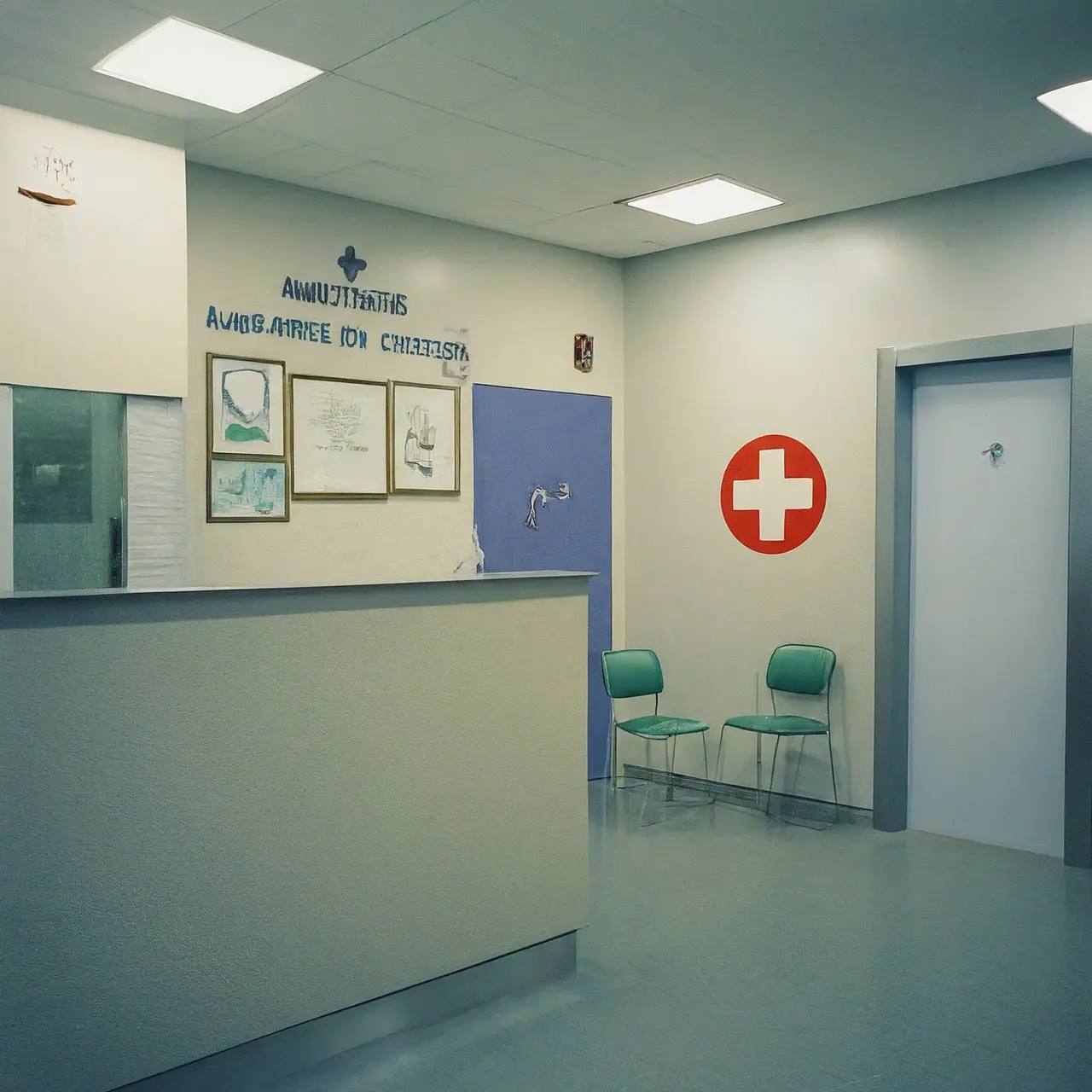When you’re feeling under the weather but it’s not quite an emergency, urgent care can be your middle-of-the-night, weekend warrior, saving you time and worry. Let’s demystify what urgent care centers can do for you and how they fit into the healthcare puzzle.
The Basics of Urgent Care
At its core, urgent care is designed to offer medical attention for conditions that are not life-threatening but still require prompt treatment—think of them as the middle ground between your primary care physician and the emergency department. These centers often have extended hours, making them a convenient option for those sudden ear infections or sprained ankles that happen after typical clinic hours.
What sets urgent care apart is its accessibility. Many centers are open late and on weekends, ensuring that healthcare is available when you most need it. Whether it’s a minor burn from cooking or a sudden flu that hits you, urgent care centers are equipped to handle a wide array of non-emergency conditions.
Common Services Offered at Urgent Care Centers
You might be surprised at the variety of services offered at your local urgent care. From stitches for small lacerations to rapid tests for strep throat, these centers are equipped to handle a broad spectrum of healthcare needs. Imaging services, like X-rays, are also available on-site, making them a one-stop shop for non-life-threatening emergencies.
Additionally, urgent care centers can provide vaccinations, physicals, and even some lab work. This makes them not only a resource for immediate health concerns but also a convenient option for preventative care and routine check-ups that don’t require a visit to your primary care provider.
How Does Urgent Care Differ From Emergency Rooms?
Understanding the difference between urgent care and emergency rooms (ERs) is crucial. ERs are equipped to handle severe, life-threatening conditions, while urgent care is designed for less severe issues. This distinction means that urgent care centers can often provide faster, more cost-effective treatment for minor illnesses and injuries.
Moreover, a visit to the ER can be costly, with higher co-pays and fees, especially for those without insurance or with high deductible plans. Urgent care centers, on the other hand, offer a more affordable solution for non-emergency situations, without sacrificing the quality of care.
What to Expect During Your Visit to Urgent Care
When you visit an urgent care center, expect to be greeted by a team of healthcare professionals ready to address your needs promptly. The process is usually straightforward: you’ll check in, perhaps fill out some paperwork, and then see a healthcare provider for evaluation and treatment. Most visits are surprisingly quick, with patients often in and out in under an hour.
Insurance and Payment Options for Urgent Care Services
Concerns about insurance coverage and payment can deter some from visiting urgent care. However, most centers accept a wide range of insurance plans and offer various payment options for those without insurance. It’s always a good idea to check with the center ahead of your visit to understand the costs involved and any potential out-of-pocket expenses.
For those without insurance, many urgent care centers offer transparent pricing for their services. This can include flat fees for visits and additional charges for any extra services or tests. While costs can vary, urgent care is generally a more affordable option than an emergency room visit for non-life-threatening conditions.
When to Choose Urgent Care Over Other Medical Options
Choosing between urgent care, your primary physician, or the emergency room can be tricky. A good rule of thumb is to seek urgent care for conditions that can’t wait for a doctor’s appointment but aren’t severe enough to warrant a trip to the ER. This includes situations like minor fractures, flu-like symptoms, and infections that require immediate attention.
Making the Right Choice for Your Healthcare
Navigating healthcare options can be confusing, but understanding when and why to choose urgent care can make a significant difference in how you approach your health and wellness. Urgent care centers bridge the gap between primary care and the emergency room, offering a range of services that ensure you get the right care, right when you need it, without the long wait times or the high costs associated with ER visits.





